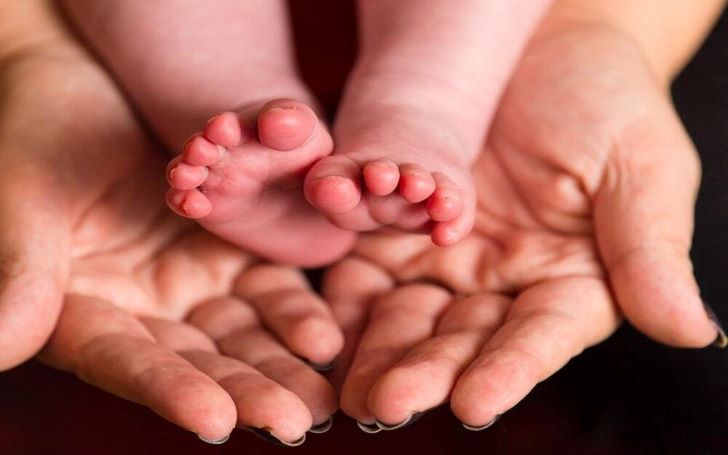Miscarriage - Identifying The Symptoms, Common Treatments, And Prevention Options!

Miscarriage: Symptoms, Causes, And Prevention.
Involuntary termination of pregnancy within the first 20 months of gestation is known as a miscarriage or spontaneous abortion. Most miscarriages take place under the period of 13 months and about 10% to 25% of clinically proven pregnancies end in miscarriage.
There are various causes behind a miscarriage, and it could happen to any woman in the world. While there is no single universal cause to miscarriage, several factors play a key role in inducing it.
Symptoms of Miscarriage
These symptoms are not necessarily visible in all women. Some women have experienced miscarriage with no symptoms at all. However, under most circumstances, the following symptoms would be visible:
- Bleeding
- Severe or mild cramps
- Pain in back or abdomen
- White, pink mucus
- Passing tissue and clotting material
Causes of Miscarriage
Sadly, once a miscarriage starts, it is not possible to end it. However, It can be prevented by understanding the primary causes. (Provided a miscarriage has occurred, it is intrinsic to see a doctor in order to prevent a possible infection)
Also see: Marnie Simpson Poses Naked To Celebrate Being 27 Weeks Pregnant.
The major causes of miscarriage are:
- Half of the miscarriages occur due to issues with genetics or chromosomal problems
- Long term diseases like thyroid disease, uncontrolled diabetes, or heart disease may also cause a miscarriage.
- Infections and sexually transmitted disease like chlamydia, gonorrhea, and AIDS in mother also increase the chance of a miscarriage.
- A weakened cervix caused due to previous surgeries, pregnancy or injury can result in miscarriage due to its inability to hold the growing fetus.
- Poly-cystic ovary syndrome (PCOS), or cysts in the ovaries is also a causative factor.
Risk Factors of Miscarriage
While the factors listed below do not always cause spontaneous abortion, it greatly augments the possibility of risk. The factors are:
- The mother's age is younger than 20 or older than 35. The risk increases at a greater rate when a woman crosses the age of 40.
- Obese or Underweight mother.
- Smoking, nicotine abuse in other forms, habitual alcohol drinking, Drug abuse, excessive caffeine consumption, food poisoning, or other forms of substance abuse makes the mother extremely vulnerable to the risks of miscarriage.
- Physical trauma also accelerates the risk of miscarriage.
- Specific medications like misoprostol, Retinoids, Non-Steroidal Anti-Inflammatory Drugs (NSAIDs) could also increase the likeliness of miscarriage.
Misconceptions About Miscarriage Corrected
- The emotional state of women during pregnancy does not cause miscarriage.
- Having a fright or shock during pregnancy does not cause miscarriage.
- Exercising during pregnancy does not cause miscarriage.
Having sexual intercourse during pregnancy does not cause miscarriage. - Air travel during pregnancy does not cause miscarriage.
- Eating spicy food during pregnancy does not cause miscarriage.
Recovering From Miscarriage
A miscarriage is a very heavy emotional and mental burden for a woman and her family. During this period, it is very important to provide emotional counseling to the mother. Similarly, it is equally important to take care of the woman's health after a miscarriage — the chances of suffering from an infection skyrockets during this period.
Watch: Michelle Obama talk about her miscarriage experience.
Provided a couple who is attempting to conceive a child goes through a spontaneous abortion, The couple will need to wait for some decent amount of time to reattempt conception. Even though the timing ranges for each woman, waiting until her menstrual cycle gets normal is usually considered enough.
Recommended: Kylie Jenner And Travis Scott Reportedly Working On Baby #2 As Well As Planning A Wedding!
Luckily, for women who want to be mothers but experienced a tragic miscarriage, the statistics are on their favor. It is proven that women who tried re-conception after a miscarriage had a successful birth about 85% of times. Thankfully, there is always a second hope even after a miscarriage.
